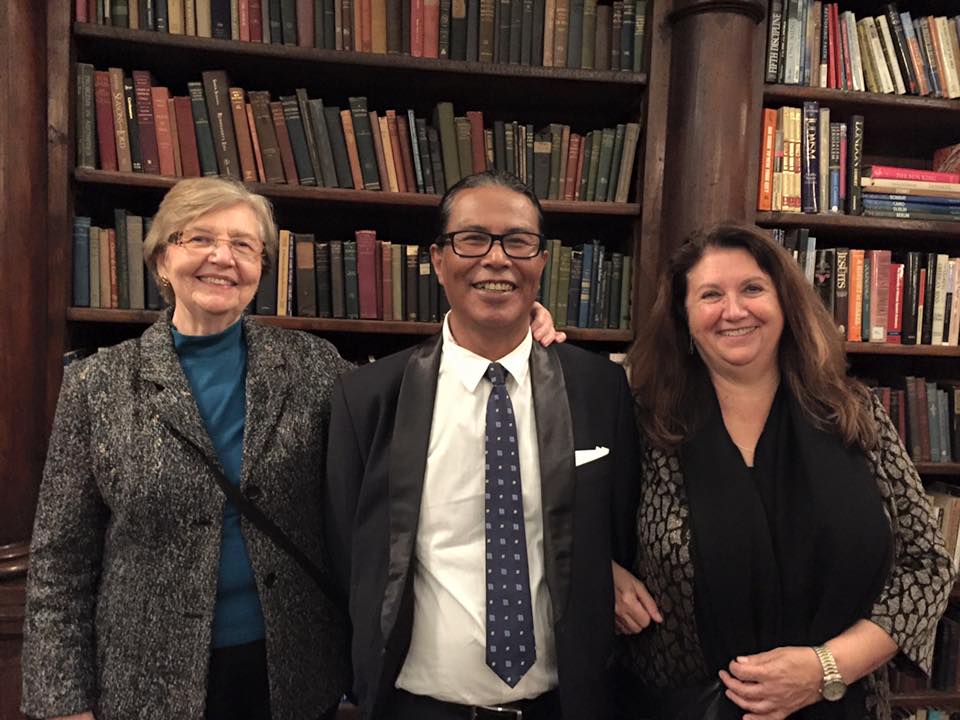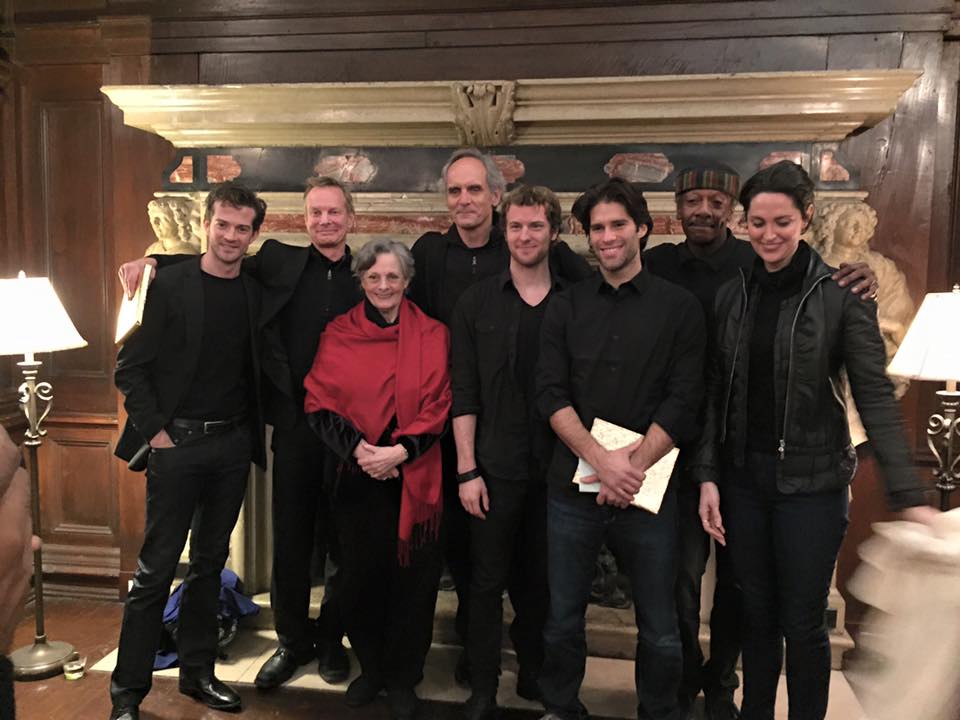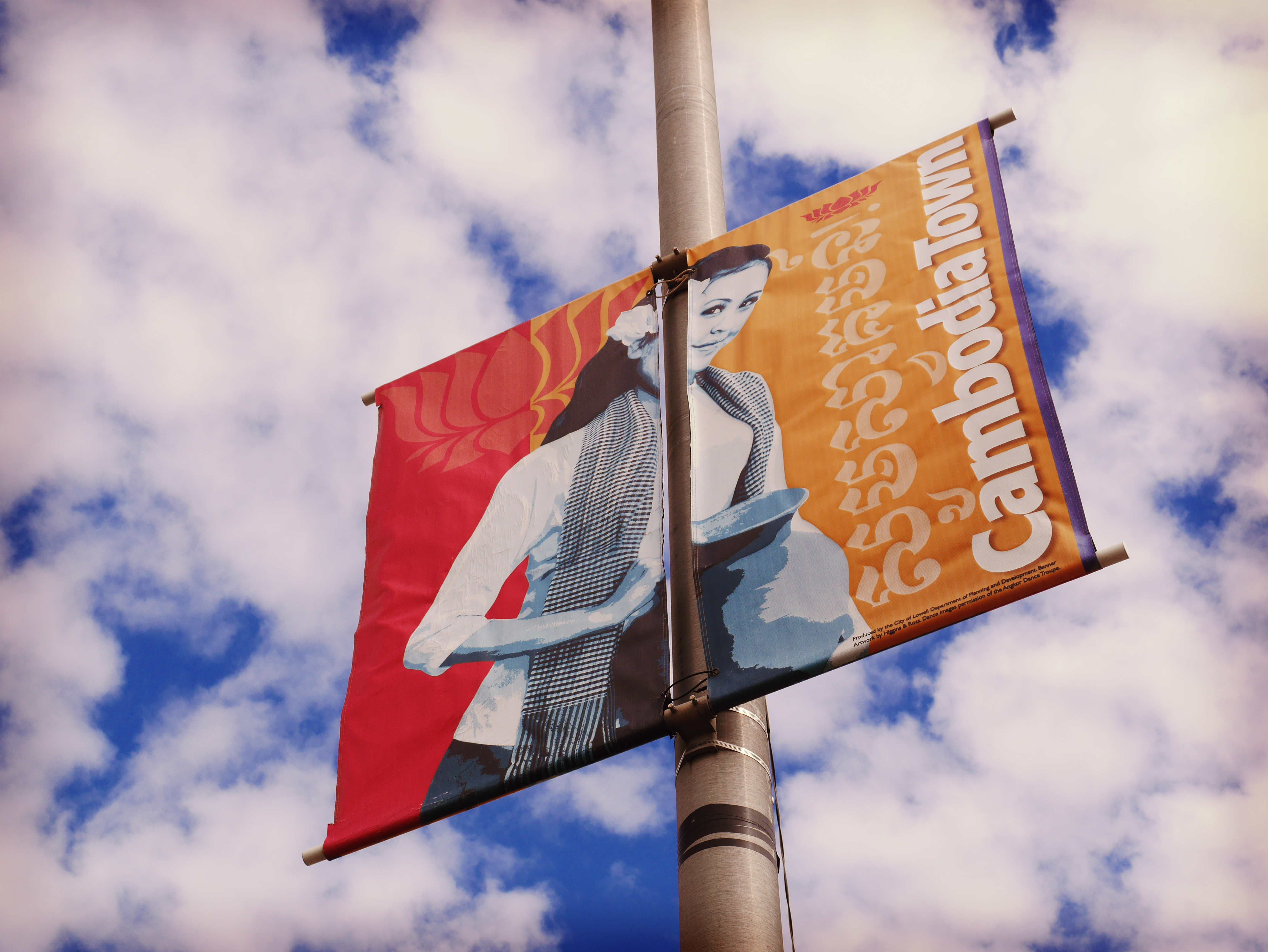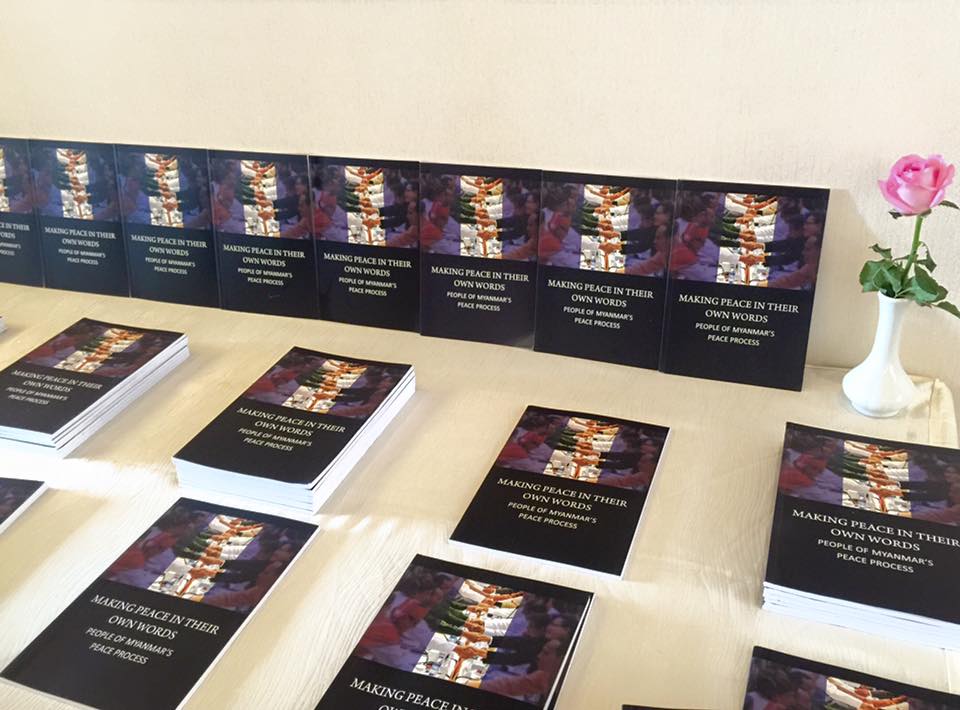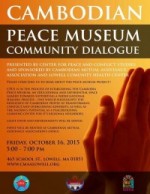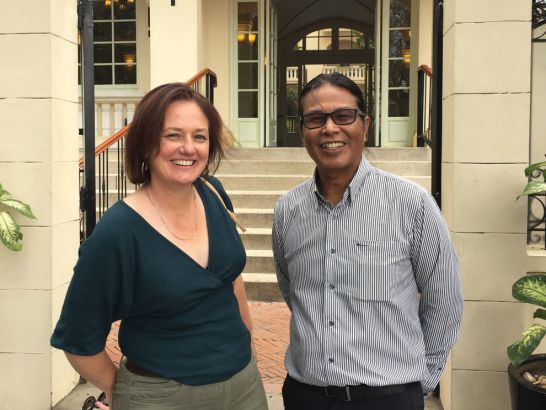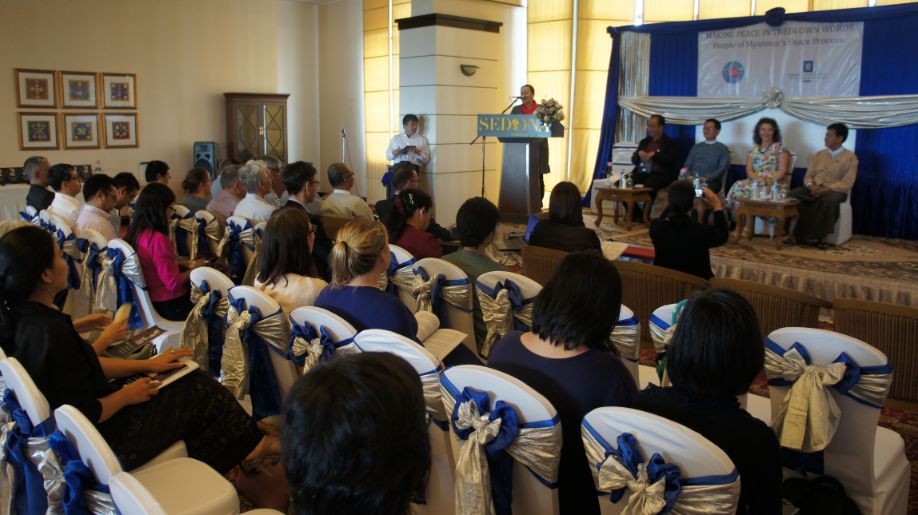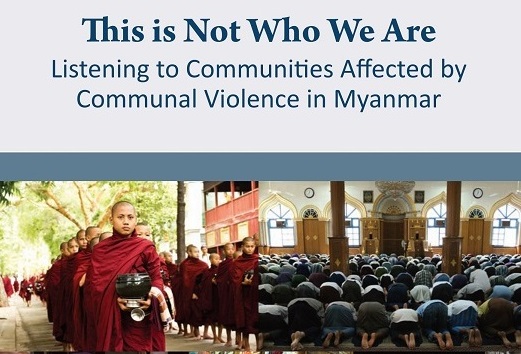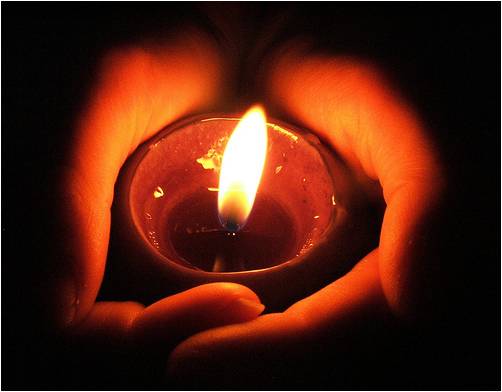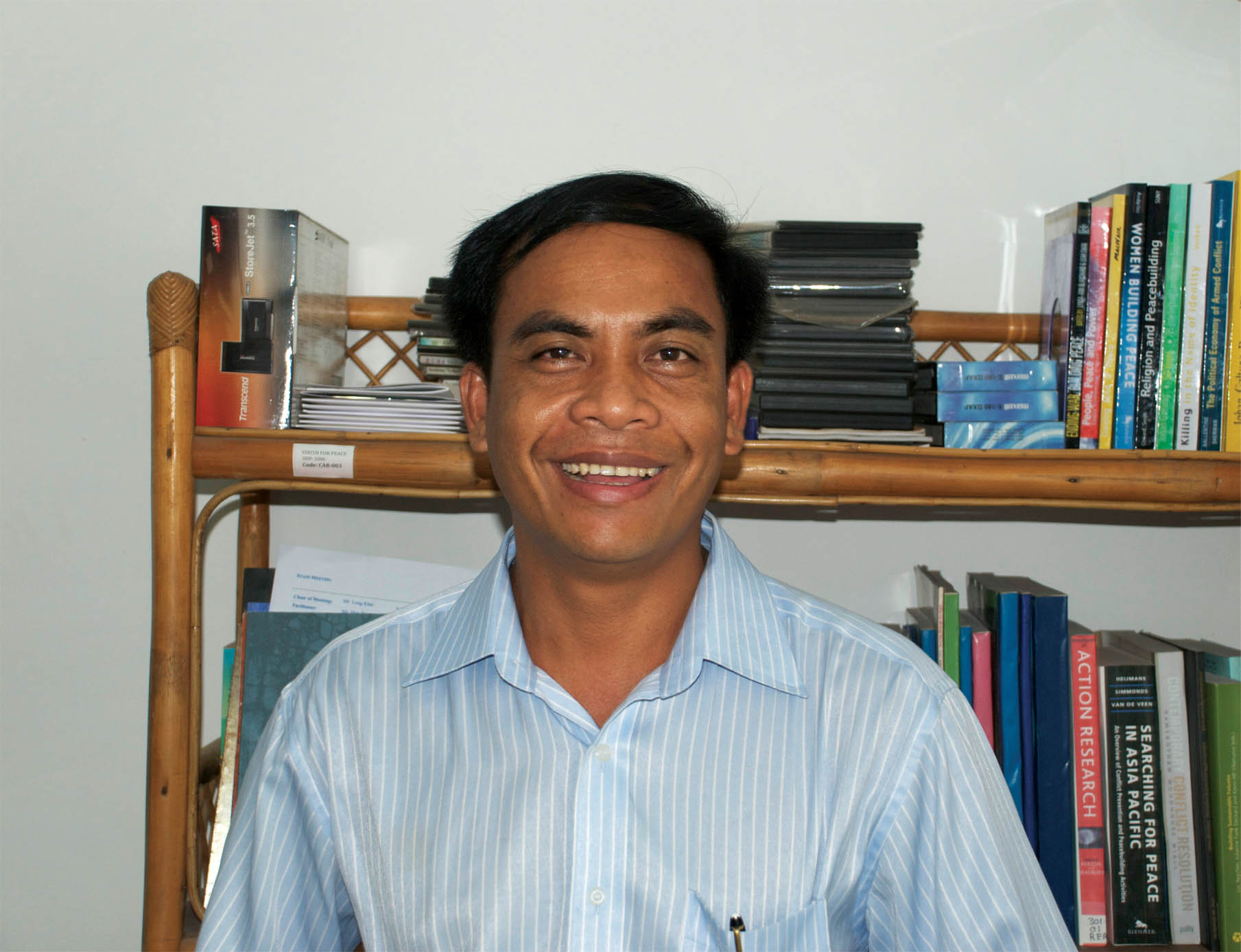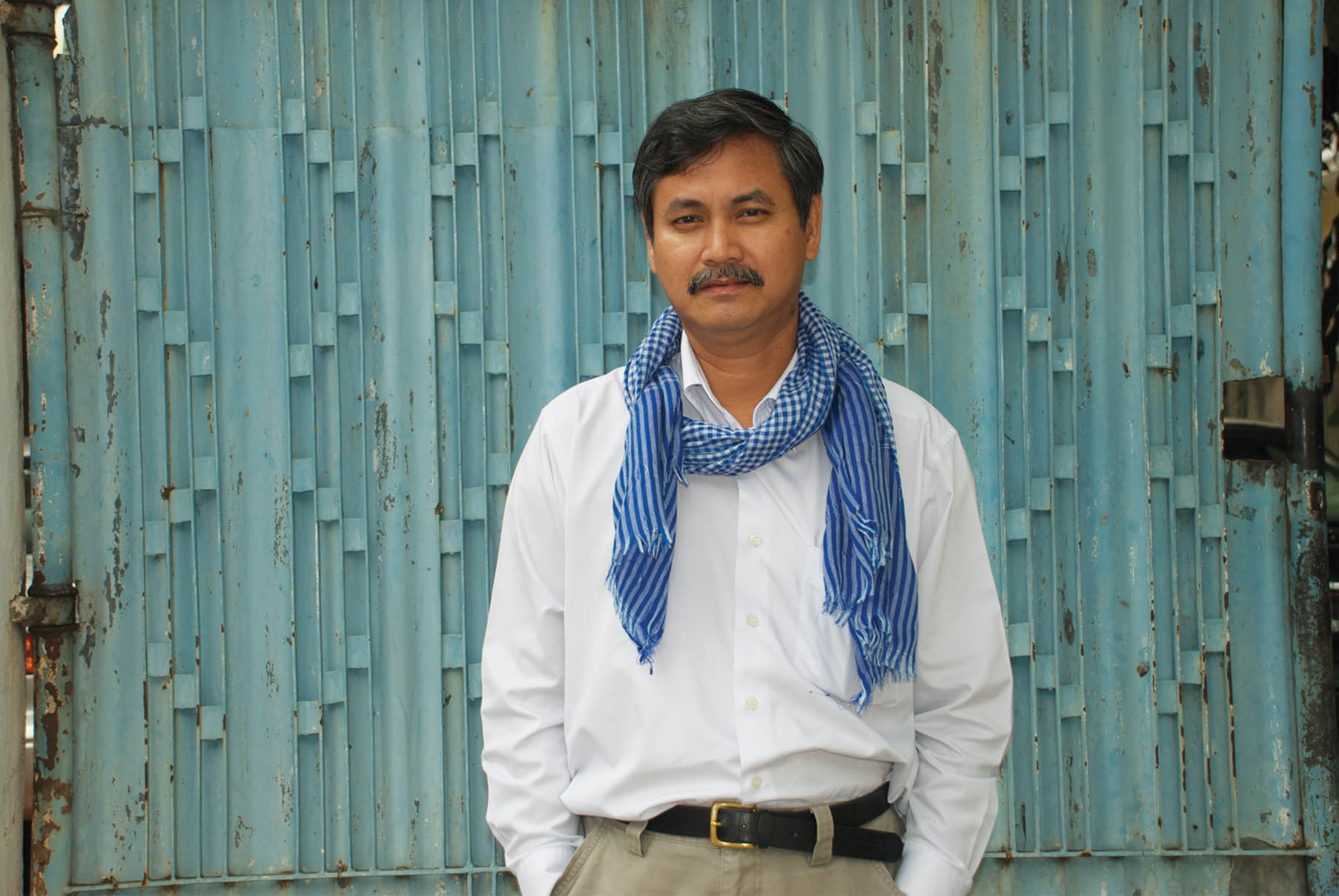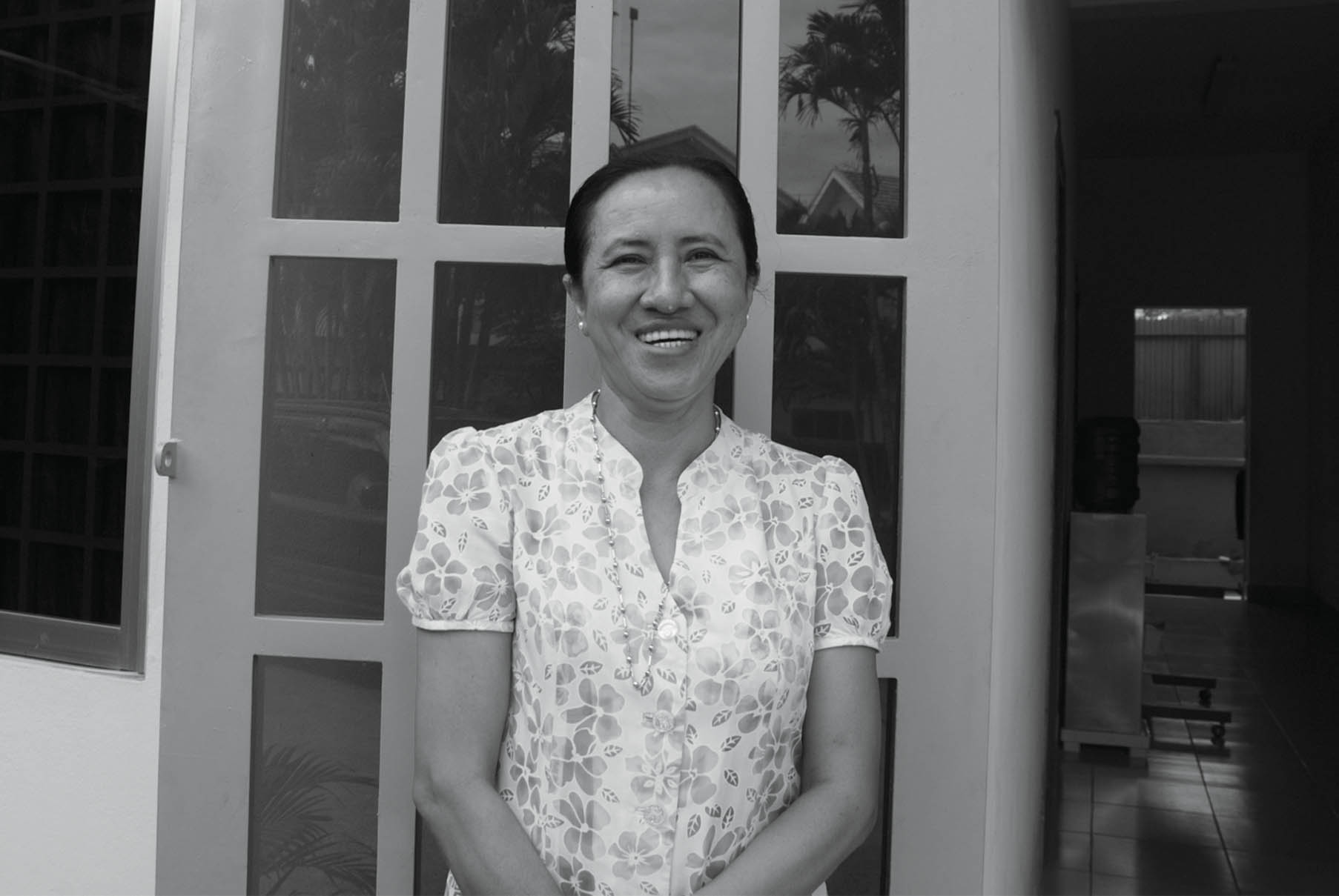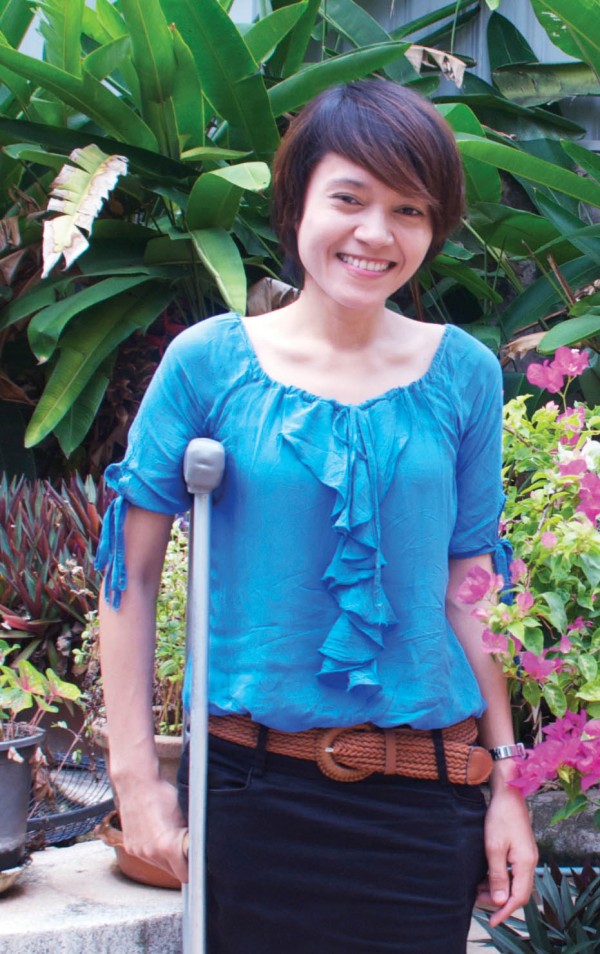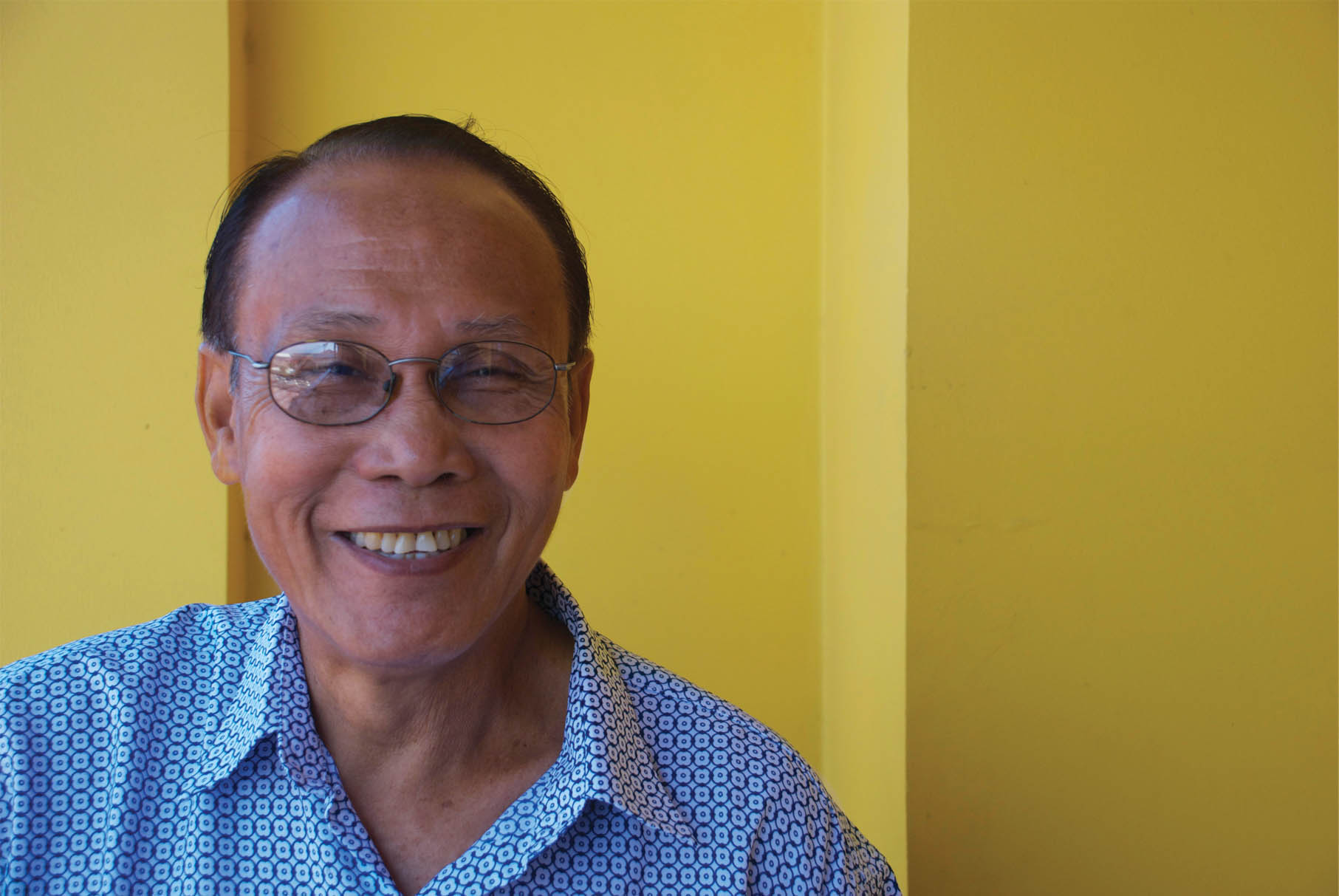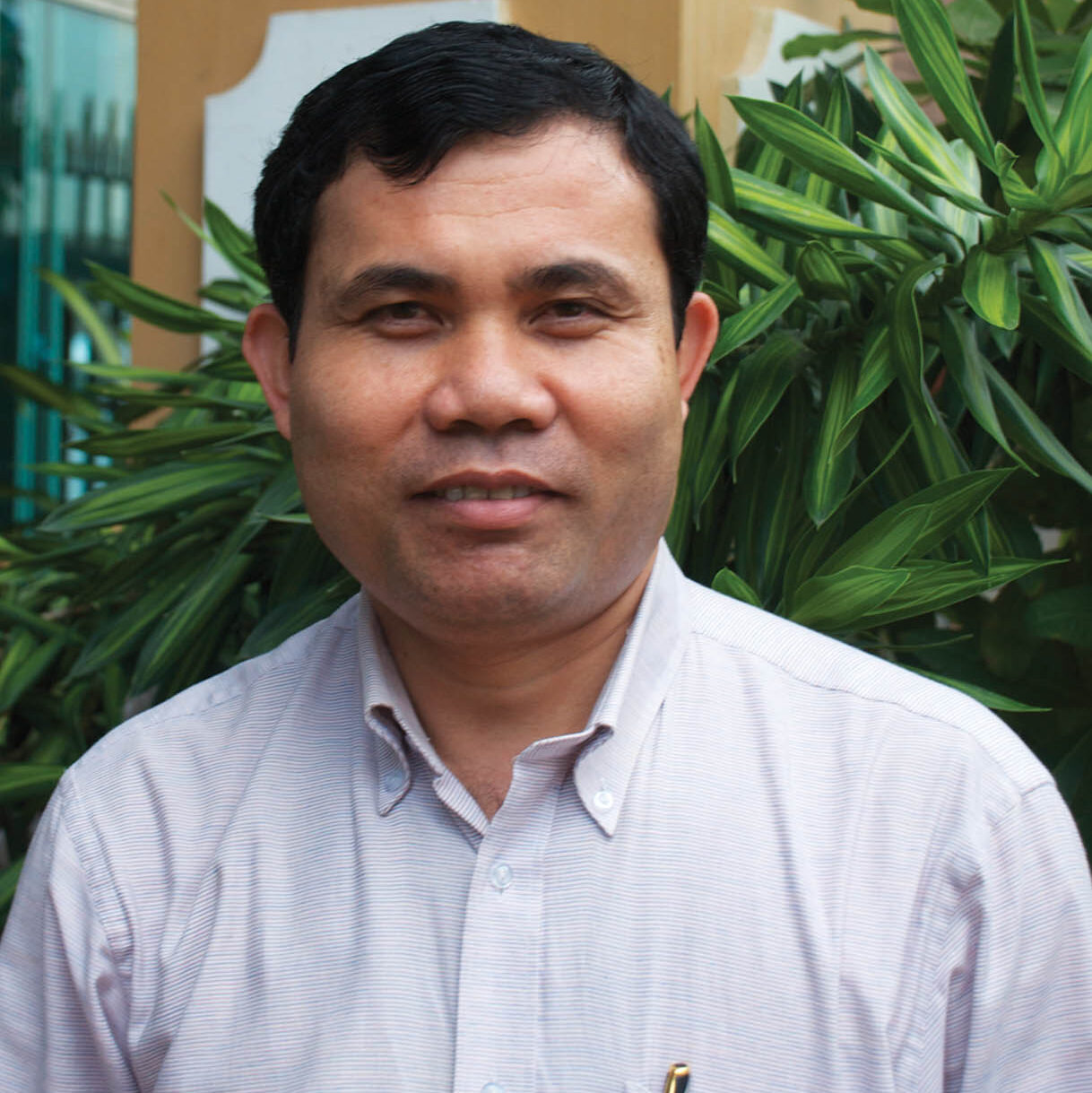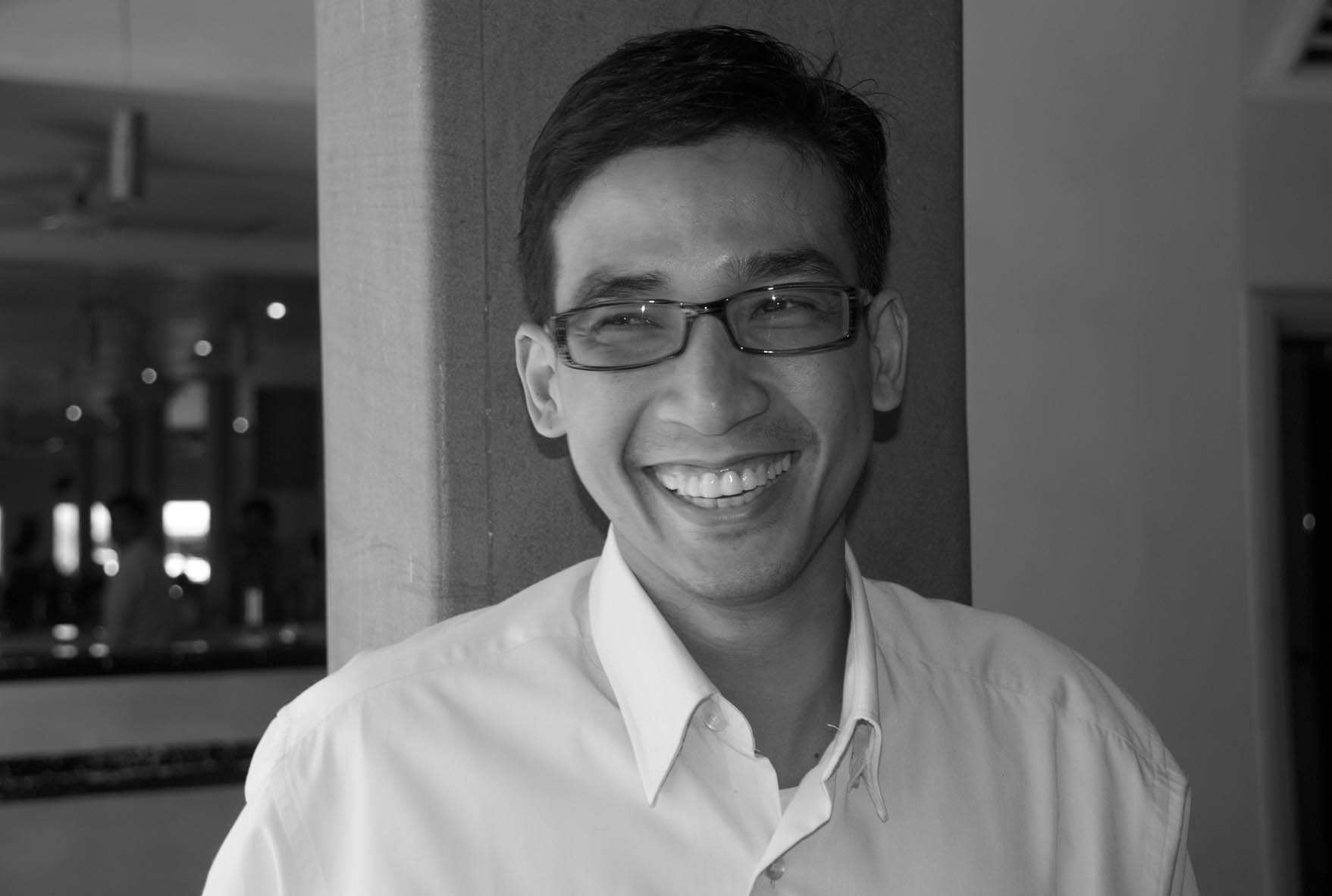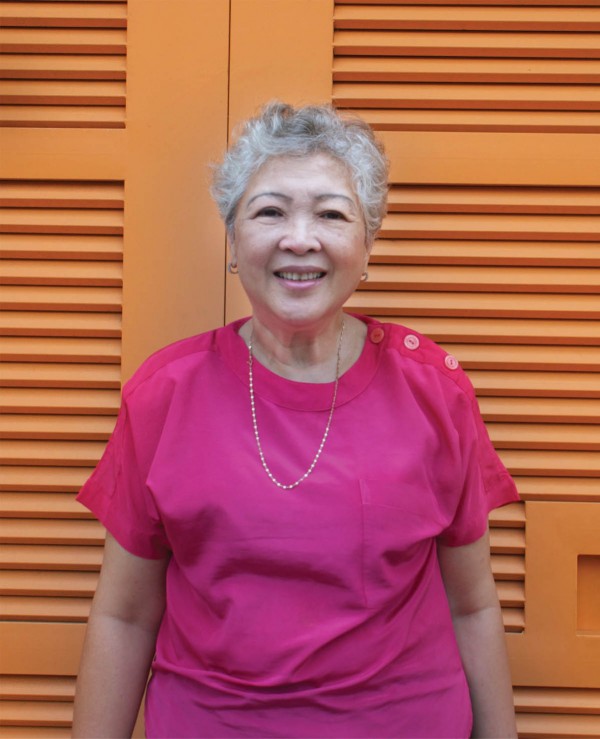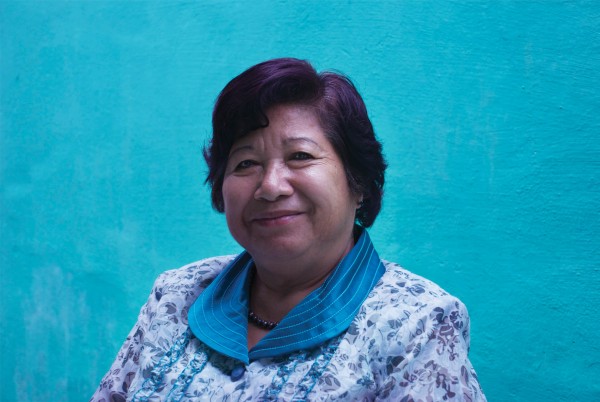Why a Cambodia Peace Museum?
The following speech was delivered by CPCS co-founder Soth Plai Ngarm at an event in New York City on October 19 to mark the official start of the Cambodian Peace Museum campaign. To view more photos from the event, click here. Why a Peace Museum? Firstly, I would like to thank you all for coming... Read More
The Iliad in New York
MUSEUM DIARY: October 21, 2015 On October 19, CPCS launched our first official event for the Cambodia Peace Museum – a reading of The Iliad. This event demonstrated the breadth of people who are connecting with the vision and supporting in their own unique ways. One such key support is Tony Newfield, who coordinated and directed a reading... Read More
The Iliad in New York
MUSEUM DIARY: October 21, 2015 On October 19, CPCS launched our first official event for the Cambodia Peace Museum – a reading of The Iliad. This event demonstrated the breadth of people who are connecting with the vision and supporting in their own unique ways. Attending the event were representatives from the United Nations, networks of people who have... Read More
Reflections from Lowell
MUSEUM DIARY: October 15-16, 2015 This was my second time visiting Lowell, Massachusetts, home to the second-largest Cambodian community in America – a fact reflected by the designation of “Cambodia Town” within the city. In Cambodia Town, street lamps have flags welcoming you, and every shop – from restaurant, to laundry mat, to grocer – is... Read More
Making Peace to be launched in New York
Following its launch in Yangon, Myanmar on October 7, Making Peace In Their Own Words: People of Myanmar’s Peace Process will also be launched at an event in New York City on October 21. Published by CPCS, Making Peace presents an interwoven narrative of the views, origins and life experiences of key individuals from different sides... Read More
Reflections from Lowell
MUSEUM DIARY: October 15-16, 2015 This was my second time visiting Lowell, Massachusetts, home to the second-largest Cambodian community in America – a fact reflected by the designation of “Cambodia Town” within the city. During our visit, we spent some time with local community leaders learning more about the history of Lowell and Cambodia Town, and sharing... Read More
Engaging with the Cambodian diaspora
CPCS representatives are speaking about reconciliation and the Cambodia Peace Museum project at an event on October 16 in Lowell, Massachusetts, which has the second highest population of Cambodian Americans in the United States and is a centre for the Cambodian diaspora on the east coast. READ MORE ABOUT THE MUSEUM!
Peace to be focus of new Siem Reap museum
The following article first appeared in the Phnom Penh Post on October 10, 2015. Click here to read the original story. By Nicky Sullivan A new museum dedicated to celebrating Cambodia’s peace builders is in the plans for the Siem Reap-based Centre for Peace and Conflict Studies. The organisation’s founder and executive director, Emma Leslie, flew... Read More
New book explores the voices of Myanmar’s peace process
A new publication that explores the diversity and challenges of Myanmar’s peace process through the voices of participants in the negotiations was launched on October 7 at the Sedona Hotel’s Inya Room in Yangon, Myanmar. Published by the Centre for Peace & Conflict Studies (CPCS), Making Peace in Their Own Words: People of Myanmar’s Peace... Read More
New publication examines communal violence in Myanmar
The Centre for Peace and Conflict Studies (CPCS) is proud to announce the release of its latest publication: This is not who we are: Listening to communities affected by communal violence in Myanmar. Using CPCS Listening Methodology, this publication elevates community voices from six locations in Myanmar that experienced communal violence to reveal a strong... Read More
A Prayer for Peace on the Korean Peninsula
CPCS is organising a Prayer for Peace on the Korean Peninsula on Wednesday August 26, 2015 at 4pm at the Metta Karuna Reflection Centre, Siem Reap, Cambodia. All faiths and nationalities welcome. For more information, contact 077 891 181 or 095 806 715 or [email protected] / [email protected]. Download maps in English or Korean
Long Khet
In memory of running across provinces to escape American carpet bombs, his parents named him Khet. Khet was too young to remember the KR times, but he grew up in its echoes. He recalled clearly his childhood in post-war Cambodia, where many children were orphans, violence was merely a way to get things done, and... Read More
Yeng Virak
When asked why an education was important to him, Virak said, “It’s valuable because you can use it to make a living; you can sell your expertise or employ yourself…once you have an education, no one can take it from you.” Virak is the executive director of the Cambodian Legal Education Center (CLEC), a local... Read More
Touch Varine
“In 2001, the former Khmer Rouge still dressed like Khmer Rouge. They didn’t wear black anymore, but they wore shoes made from tires, carried things in backpack, and the girls kept their hair short. They did not talk to ordinary villagers because they believed those who were not like them were bad people – capitalists... Read More
Song Kosal
She knew she was different from the other children. She could not play like they played, and she did not look the same: she used her hands to help move through the house. “The most difficult part is feeling shy,” she explained. “I don’t want people to look at me and see only my missing... Read More
Neou Kassie
Kassie pointed out the irony in how speaking English had been both a curse and a gift in his lifetime. On one hand, it was the reason he was suspected of being CIA and tortured for confession during the KR era. On the other, it is the language he’s used to broadcast his story, traveling... Read More
Neb Sinthay
Sinthay began his work with weapons reduction in late 1998, doing fieldwork for a study on the feasibility of removing guns in Cambodian civil society. He says, “I joined the research because I was worried about the increase in gun-use in Cambodia.” He explains that it was especially apparent between1993 and 1998, the years between... Read More
Meas Sokeo
Sokeo said that in many ways, it would have been easier to live inside the Cham community than outside it: “With other Cham feel safe to share my thoughts. I can talk about my future, our community, our religion, and I do not feel threatened…outside it is different.” He explained that Cham Muslims, an ethnic... Read More
Khus Thida
“All news stopped coming out of Cambodia when the border was sealed toward the end of May [1975],” Thida recalled of her experience living in Thailand while Cambodia fell to communism. “I lost contact with my family two months before that and had no idea of the cruelty they were living through.” In 1979, Thida... Read More
Huy Romduoi
For 10 years, Romduol has been working to strengthen communication between government officials, citizens, community leaders, and NGO staff. Through looking at local case studies, her workshops use points of disagreement as places to develop problem solving and communication skills. She focuses on helping participants explore their own issues of trust and understanding. Romduol is... Read More

